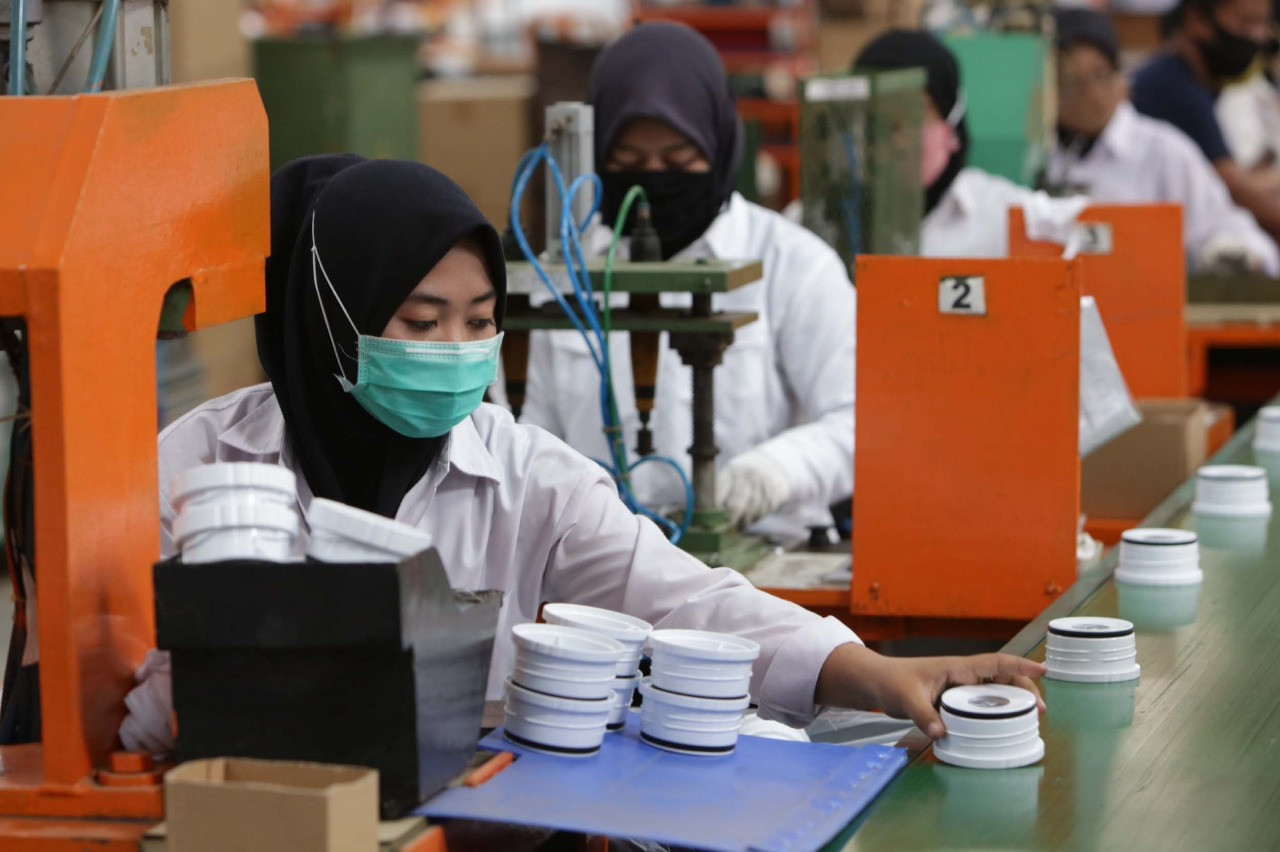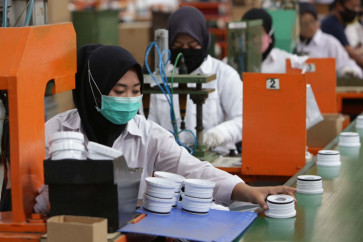Popular Reads
Top Results
Can't find what you're looking for?
View all search resultsPopular Reads
Top Results
Can't find what you're looking for?
View all search resultsThe tradeoff between minimum wage rises and employment
Most studies pointed to job losses rather than job gains after a minimum-wage hike.
Change text size
Gift Premium Articles
to Anyone
T
he award of the 2021 Nobel Prize in Economic Science to David Card, Joshua Angrist and Guido Imbens confirms the acknowledgement of the “credibility revolution” in economics through empirical works in studying the cause and effect of social issues. Their natural experiments have revolutionized empirical research and pushed economic science toward a more empirical mindset emphasizing data rather than theory.
In particular, Card's work in labor economics has improved understanding of labor markets. His most prominent work was research with the late Alan Krueger on the minimum wage and employment. This and subsequent research, either supporting or opposing it, are valuable references for dealing with the contentious issue of the minimum wage.
In 1994, the two economists published a paper on the analysis of experience of 410 fast-food restaurants, where pay was low and the minimum wage mattered, in New Jersey and Pennsylvania after New Jersey’s minimum wage rose from US$4.25 to $5.05 per hour in April 1992.
Their research used natural experiment, a method of studying and analyzing real-life situations to determine cause-and-effect relationships. To some extent, this is like medical experiments to evaluate a new medicine’s efficacy by randomly separating “treatment” and “control” groups. Card-Krueger research studied the treatment group (New Jersey with an increased minimum wage) and a control group (Pennsylvania without the wage increase).
Card-Krueger research outcomes crushed a consensus constructed from studies endorsing the idea of an unfavorable tradeoff between the minimum wage and employment. Most studies pointed to job losses rather than job gains after a minimum-wage hike. A rise in the minimum wage unavoidably cost jobs based on a neoclassical competitive model that the demand for labor falls as wages rise.
In contrast to competitive model prediction, Card-Krueger research found no evidence that the rise in New Jersey’s minimum wage reduced employment at fast-food restaurants. The increase in the minimum wage increased employment, and the resultant higher costs were passed on via higher prices to consumers.
Afterward, the debate heated up and counter-studies were conducted. Neumark and Wascher (2006) performed a literature review of burgeoning empirical studies in the US and 16 other countries including Indonesia. The studies had a wide range of results. Still, Neumark-Wascher concluded that the literature solidified the conventional view that minimum wages reduced employment among low-skilled workers, and the low-wage labor market can be reasonably approximated by the neoclassical competitive model.


















